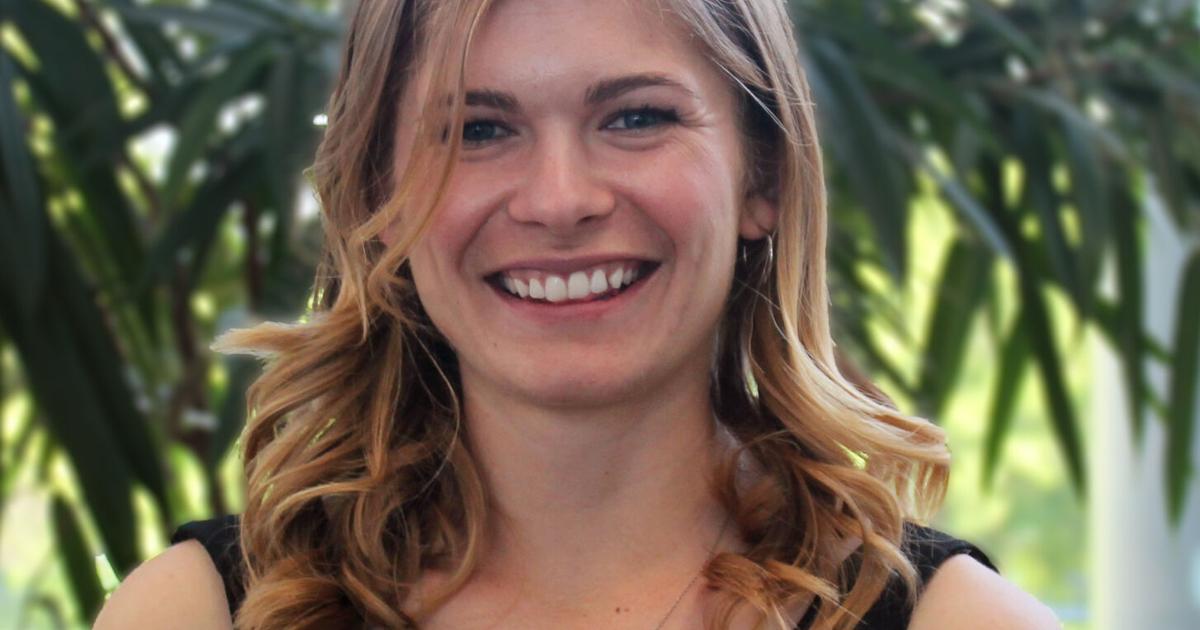Dr. Kade Head-Marsden will present the seventh Telluride Science Town Talk of the summer on Tuesday, July 22nd. Her presentation, titled “Quantum Computing and Chemistry: Realizing the Promise of Quantum Information,” will begin at 6:30 p.m. at the Telluride Conference Center in Mountain Village. The event is free and open to the public.
Head-Marsden is a researcher at the University of Minnesota working at the forefront of quantum information science and chemistry. Her work investigates how quantum systems behave in real-world, “noisy” environments, where interference from heat, light, and other sources often disrupts calculations.
Her team is working to develop new computing strategies that make quantum research more practical and accessible—even with the imperfections of today’s hardware.
Though incredibly powerful compared to their early models, classical computers still fall short when simulating molecular behavior. For example, predicting how energy moves through molecules or how electrons interact during chemical reactions is nearly impossible with traditional methods.
Quantum computing, by contrast, has the potential to simulate these complex processes far more efficiently. However, quantum systems are delicate, and even the slightest disturbance — known in the field as “noise” — can compromise results.
In her Town Talk, Head-Marsden will explain how researchers are overcoming these limitations and why that work is helping redefine the boundaries of what’s possible in both physics and chemistry. She will explore how insights from quantum information science are already reshaping chemical research, offering new tools for discovery even before fully functioning quantum computers become widely available.
The potential applications of this work span far beyond theory. From drug discovery to energy storage to the design of new materials, the ability to simulate chemical processes more accurately could transform entire industries. Head-Marsden’s team is also exploring whether naturally occurring molecules — like those found in biological systems — might one day serve as components in quantum devices themselves.
Her research points to a new kind of collaboration between classical and quantum tools, where even imperfect technology can open the door to meaningful breakthroughs. For those interested in the next wave of scientific discovery, her talk will offer a compelling glimpse into a future shaped by both chemistry and quantum information.
The 2025 Telluride Science Town Talks series is sponsored by Alpine Bank and the Telluride Mountain Village Owners’ Association. Talks will be held on Tuesdays through August 12th. Visit telluridescience.org to learn more about the Town Talks and the capital campaign in support of the Telluride Innovation Center, a permanent home for Telluride Science and a global hub of inspired knowledge exchange and development where great minds solve great challenges.

